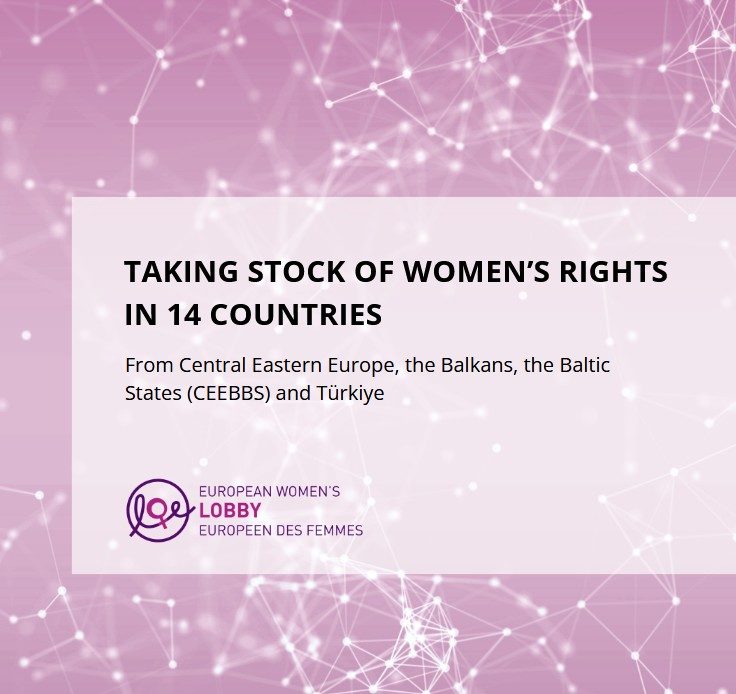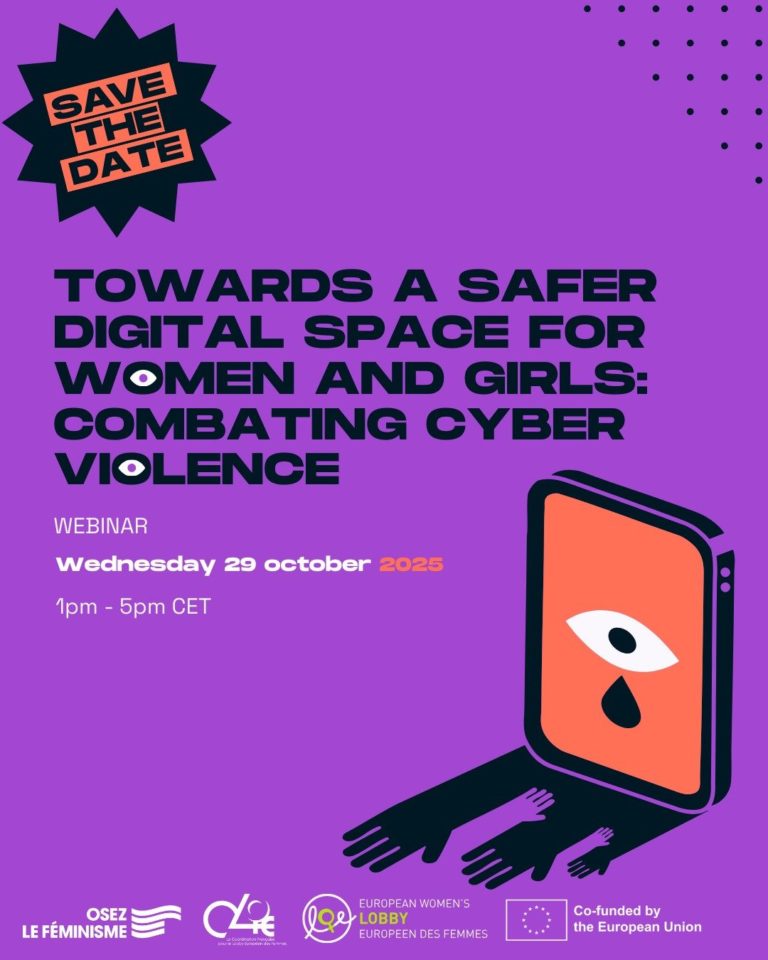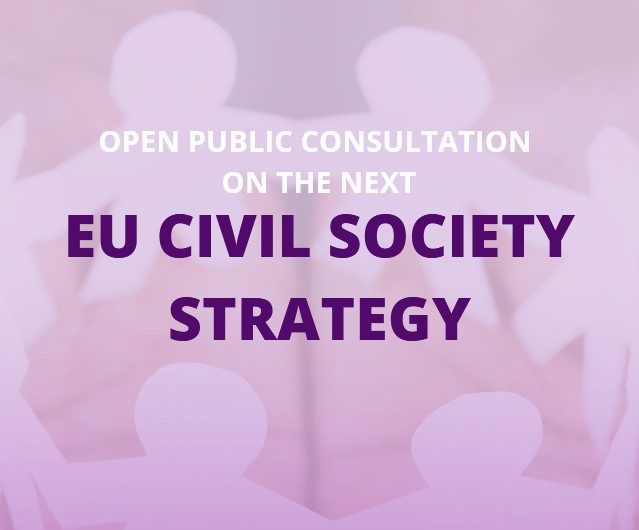The documentary “Consent is not for sale” was developed as part of the project EXIT: Women’s Human Rights not to be prostituted, promoted by the Portuguese Platform for Women’s Rights (PpDM), EWL’s national coordination. The documentary brings to the forefront of the debate a grave violation of human rights that disproportionately affects the most vulnerable women and girls and has been widely ignored and tolerated by the Portuguese society: the exploitation of women in the system of prostitution.
As the oldest form of oppression, prostitution is a manifestation of widespread, institutionalized sex inequality, where women and girls are precluded of choices, their options are restricted and all the possibilities denied: a heinous violation of women’s human rights, mostly perpetrated by men and where “money coerces the sex rather than guaranteeing consent to it”. The system of prostitution is the epitome of women’s subordination and both a cause and a consequence of gender inequality, perpetuating the idea that women’s and girls’ bodies are for sale.
Cândida (Survivor of the system of prostitution):
“I am aware, when I entered prostitution I was 15/16 years old, I met girls younger than me at that time, who had entered prostitution. Very sad stories. Stories of rape by parents, siblings. They were always abandoned by their family. They had no way to eat. Who can judge those people? Nobody can judge these women.”
“Consent is Not for Sale”, offers an accurate portrait of the appalling human rights violations women undergo, having as a start point, women’s own voices and experiences of violence in the system of prostitution. The documentary also includes the testimonies of Portuguese organizations that provide front-line support to women in the system of prostitution, as well as young women from Rede de Jovens para a Igualdade and Mén Non – Association of Women of Sao Tome & Prince in Portugal, PpDM member organisations, that have been particularly involved in the project, offering critical and valuable inputs on these matters.
At the same time, the documentary reinforces the important postulate that prostitution is not an individual action, but an organized system – a business generating millions of euros/dollars in profits – involving four categories of actors: people in prostitution, who are mostly women; the sex buyers, who are, almost without exception, men; the entire industry surrounding sex: people who profit from the sexual exploitation of women, pimps; and a fourth actor, society, all of us individually and collectively, the State, and the organizations of civil society. The documentary also unveils several myths commonly associated with the system of prostitution.
According to Maria José Núncio (Research Coordinator of the “Diagnostic Study on Women in the System of Prostitution, in Lisbon”):
“In none of the women interviewed I could find this emancipatory logic or of understanding prostitution as a form of empowerment. On the contrary, many of the women emphasize one thing, that one of the factors that motivates sex buyers is exactly the exercise of power over women. The practice of prostitution is the utter disempowerment of women in the face of, exactly, male power”
Ana Sofia Fernandes (President of the Portuguese Platform for Women’s Rights) has asserted:
“…the regulation model has not worked in countries such as Germany. Voices have been raised in favour of a total decriminalization. Even if initially there was this mythical idea that women could organize themselves in small self-managed houses, the truth is that since the law of the strongest works, pimps end up controlling the whole business, and on the other hand it is also true that in self-managed houses there are always power relations, there is someone who benefits from the sexual exploitation of other people; and this is inadmissible in a society that wants freedom for all”
The documentary supports the idea that the Equality Model is the sole model able to fully tackle sexual exploitation in the system of prostitution, by offering support, exit programmes and specialised services to be provided for those affected by sexual exploitation, and criminal penalties for those who perpetuate the system, namely the pimps and the sex buyers.
Sexual exploitation in the system of prostitution is a pervasive and destructive form of structural gender inequality – a system of unbalanced power relations and subordination: the ultimate denial of one’s basic human dignity.
There cannot be a de facto equality until women and girls are free from all forms of sexual exploitation, normalizing violence, silencing women, hindering their full enjoyment of equality.
About the EXIT Project:
The EXIT Project has been implemented by the Portuguese Platform for Women’s Rights and the Kvinnefronten (Norway), together with Assembleia Feminista de Lisboa, Associação de Mulheres Contra a Violência, Associação Projecto Criar, Associação Ser Mulher, EOS – Associação de Estudos, Cooperação e Desenvolvimento, Associação O Ninho, Ergue-te Equipa de Intervenção Social, CIAF – Centro Integrado de Apoio Familiar, Mén Non – Associação das Mulheres de São Tomé e Príncipe em Portugal, Movimento Democrático de Mulheres, Rede de Jovens para a Igualdade.


